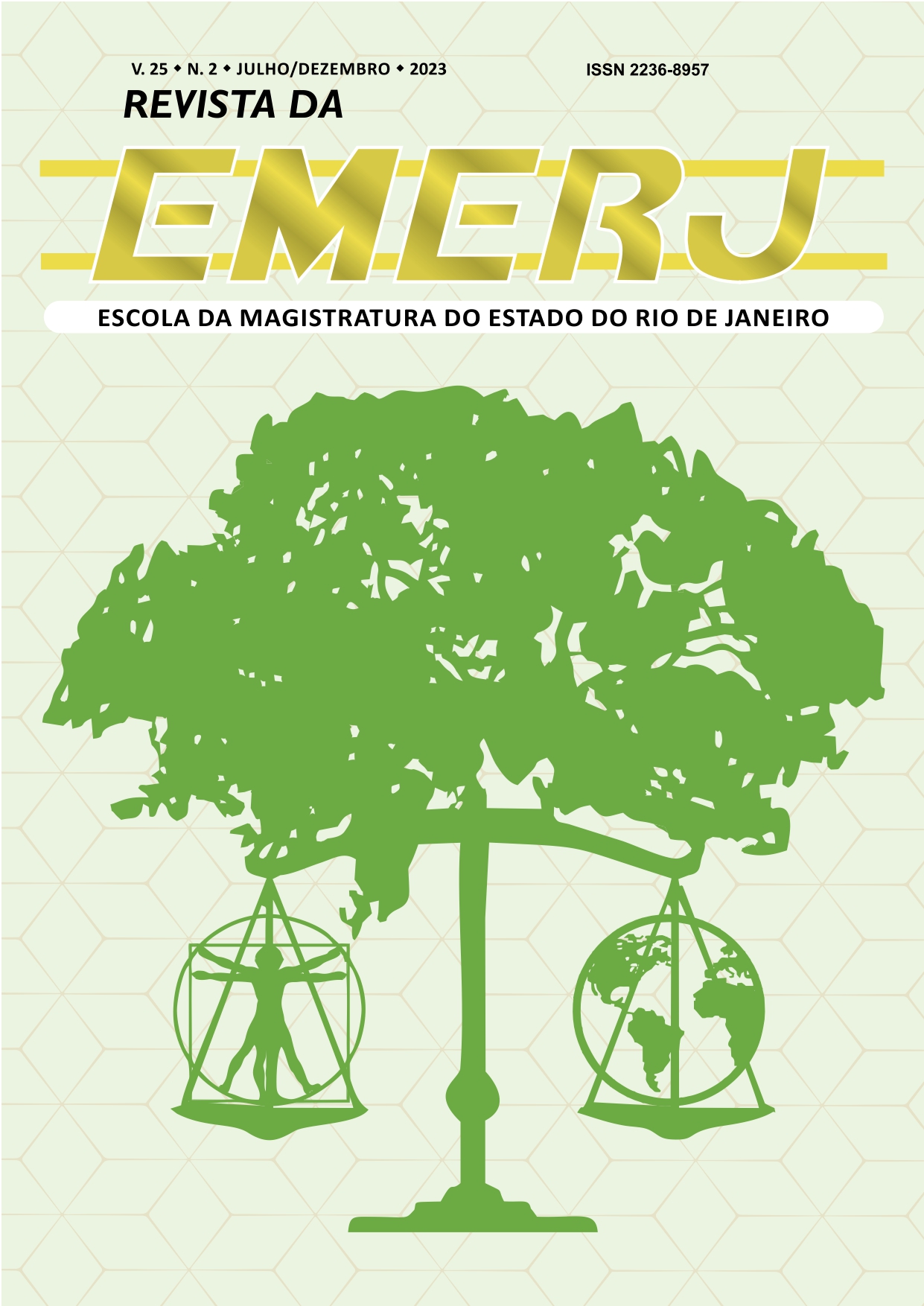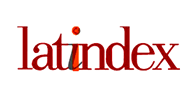Clemency absolution under perspective of verdict sovereignty
(im)possibility of appeal against decision manifestly contrary to the evidences?
Keywords:
jury court, clemency absolution, decision distinctl contrary to the proofs, rationality controlAbstract
This article aims to analyze the possibility of rational control of clemency absolution decisions pronounced by jury court and their consistency with sovereignty veredicts principle. The jury model adopted in Brazil is rooted in the French ideology of total freedom of conscience for the jurors, relieving them from any duty to give reasons or rationality trial. Yet, contemporany conception implies rationality of power and institutions. In view of this, jurors clemency absolution decisions must be controlled through the model of procedure, in order to avoid the will and decisions influenced by discourses that admit, in an ethic and moral perspective, use of violence in forbidden situations by the Constitution.
References
ALMEIDA, Ricardo Vital de. O júri no Brasil: aspectos constitucionais – soberania e democracia social. São Paulo: Editora Edijur, 2005.
BADARÓ, Gustavo Henrique. Processo Penal. 3. ed. São Paulo: Revista dos Tribunais, 2015.
FERRAJOLI, Luigi. Direito e razão: teoria do garantismo penal. 3. ed. São Paulo: Editora Revista dos Tribunais, 2002.
GRINOVER, Ada Pelegrini; GOMES FILHO, Antônio Magalhães; FERNANDES, Antônio Scarance. Recursos no Processo Penal. 7. ed. São Paulo: Editora Revista dos Tribunais, 2011.
LIMA, Alcides de Mendonça. Júri: instituição nociva e arcaica. In: NUCCI, Guilherme de Souza; MOURA, Maria Thereza Rocha de Assis. Doutrinas essenciais: processo penal. São Paulo: Revista dos Tribunais, 2012. vol. 4.
LIMA, Renato Brasileiro de. Manual de Processo Penal. 5. ed. Salvador: Juspodvm, 2017.
LOPES JÚNIOR, Aury. Direito Processual Penal. 11. ed. São Paulo: Saraiva, 2014.
MENDES, Gilmar Ferreira; BRANCO, Paulo Gustavo Gonet. Curso de Direito Constitucional. 7. ed. São Paulo: Saraiva, 2012.
MIRABETE, Júlio Fabbrini. Código de Processo Penal Interpretado. 11. ed. São Paulo: Editora Atlas, 2008.
NARDELLI, Marcela Alves Mascarenhas. A dimensão epistêmica do juízo por jurados: perspectivas para a racionalização das decisões do júri a partir dos fundamentos da concepção racionalista da prova. 2017. Tese (Doutorado em Direito Processual) - Faculdade de Direito, Universidade do Estado do Rio de Janeiro, Rio de Janeiro, 2017.
NICOLITT, André. Manual de Processo Penal. 6. ed. São Paulo: Editora Revista dos Tribunais, 2016.
NUCCI, Guilherme de Souza. Código de Processo Penal Comentado. 15. ed. Rio de Janeiro: Forense, 2016.
NUCCI, Guilherme de Souza. Tribunal do Júri. 7. ed. Rio de Janeiro: Editora Forense, 2018.
PIOVESAN, Flávia; PIMENTEL, Silvia. A Lei Maria da Penha na perspectiva da responsabilidade internacional do Brasil. In: CAMPOS, Carmen Hein de. Lei Maria da Penha comentada em uma perspectiva jurídico-feminista. Rio de Janeiro: Lumen Juris, 2011.
VARGAS, José Cirilo de. O processo penal e garantias fundamentais. Minas Gerais: Editora Del Rey, 1992.
WEBER, Max. Os tipos de dominação. In: WEBER, Max. Economia e Sociedade. Brasília: Editora UNB, 1999.
Downloads
Published
How to Cite
Issue
Section
License
Copyright (c) 2023 Nilson Luis Lacerda

This work is licensed under a Creative Commons Attribution 4.0 International License.
Authors who publish in this Journal agree to the following terms:
- Authors retain copyright and grant the Journal of Constitutional Research the right of first publication with the article simultaneously licensed under the Creative Commons - Attribution 4.0 International which allows sharing the work with recognition of the authors and its initial publication in this Journal.
- Authors are able to take on additional contracts separately, for non-exclusive distribution of the version of the paper published in this Journal (eg.: publishing in institutional repository or as a book), with a recognition of its initial publication in this Journal.
- Authors are allowed and encouraged to publish their work online (eg.: in institutional repositories or on their personal website) at any point before or during the submission process, as it can lead to productive exchanges, as well as increase the impact and the citation of the published work (see the Effect of Open Access).


















